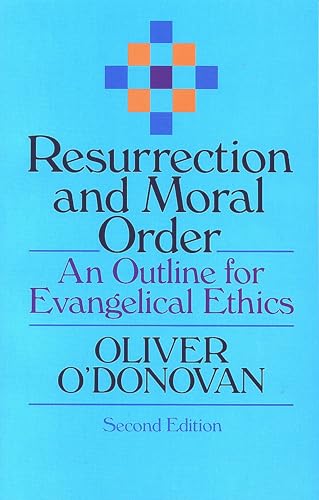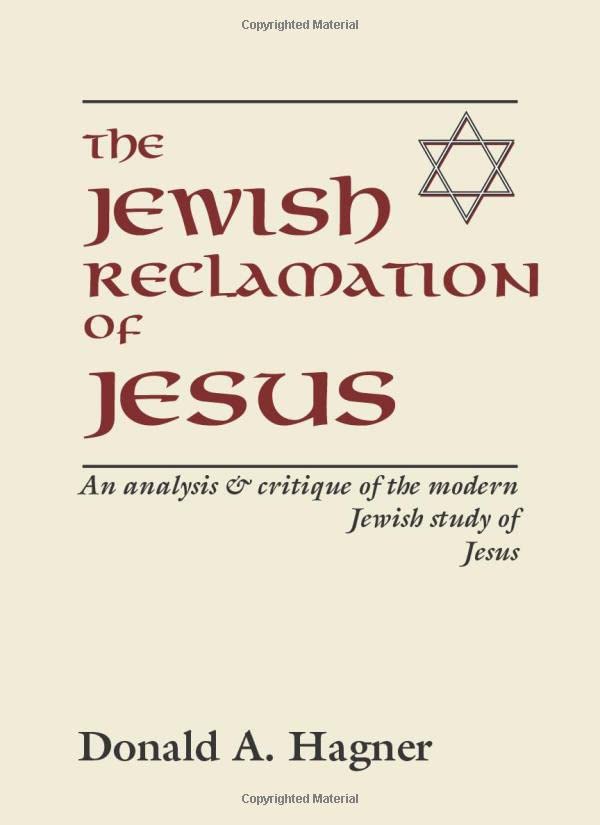A Karl Barth Reader
Written by Geoffrey W. Bromiley (ed. and trans.) Reviewed By John E. Colwell‘Sometimes, on a hundredth birthday, we may be rediscovered and people may look at us and read something about us, but a fortnight later they will no longer speak about people who are long since gone’ (extract from a sermon by Barth with reference to the centenary of Nietzche’s birth, quoted on p. 1).
This little book was prepared in celebration of the Barth centennial and, in the process of arranging selections of his writing under eight thematic headings (usually in chronological order), makes accessible various writings not previously available in English. The well-chosen extracts reveal again the humour, concern and humility that are typical of the man and (as always) little is lost in Geoffrey Bromiley’s lucid translation. Typical is the following extract from a sermon preached at Basle prison in 1962 on the text ‘My grace is sufficient for thee’:
‘Some of you may have heard that in the last forty years I have written many books, some large. I will freely and frankly and gladly admit that these six words say much more and much better things than all the heaps of paper with which I have surrounded myself. They are enough—which cannot be said even remotely of my books. What may be good in my books can be at most that from afar they point to what these six words say’ (quoted on pp. 3f.).
However, it is unlikely that the book will fulfil Bromiley’s expectation of providing some form of brief and accessible introduction to Barth’s thought for those with ‘neither the time nor perhaps the desire to plunge into his bulky output for themselves’ (p. vii). Indeed the extracts appear to have been chosen with the aim of demonstrating the breadth of Barth’s thought and interests rather than the central concerns of Christology and election which dominate the Church Dogmatics and from which all else derives. Probably the passage which gives the clearest indication of the mainspring of Barth’s theological thought is an article entitled ‘The Great Yes’, prepared in 1959 for a Berne weekly (pp. 107ff.).
As a ‘reader’ and a celebration of the Barth centennial this booklet will be a source of considerable delight to those already familiar with Barth’s thought. Nonetheless, while I for one am grateful for this little book, and for the précis and review of the Dogmatics previously provided by Bromiley, the need remains outstanding for a work that can truly ‘introduce’ the theology of Karl Barth to the non-specialist reader.
John E. Colwell
London






